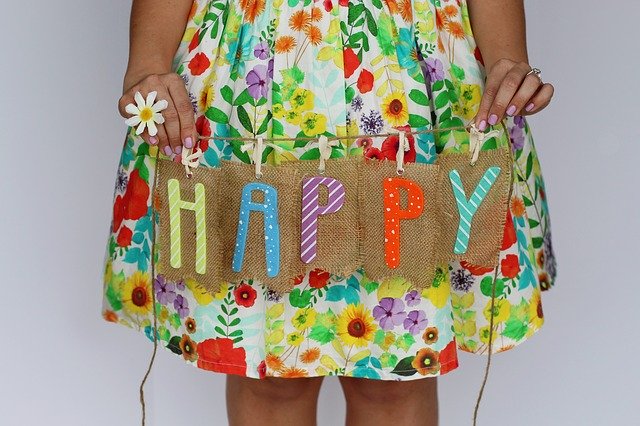My daughter turns 40 this year, but as a child she was a bed wetter. Hers was medically induced but just as frustrating for me as the parent.
She was fully dry at two, as most children were in those days. Wet cloth nappies were not only unpleasant to launder but were unpleasant to wear for the child, so toilet training was a priority. There were no disposable nappies back then. When she was 5, she contracted encephalitis and was put on heavy doses of a sedative that made her regress and start bed wetting again.
With no knowledge of what to do, and no support, I only had the pediatrician to consult about her problem. There was no internet to research, so I didn’t know about bed wetting alarms, and brain training systems.
I was frustrated and tired of the stress her condition put on the whole family. “Oh, she’ll grow out of it”, was the standard “help” I received. My child was embarrassed, and had not had any friends over for sleepovers, and had not accepted any invitations for sleepovers, because of her problem. Her younger sister was already dry at night and this caused more angst for my daughter.
Back then, there were no bedwetting “cures”. There were no bedwetting alarms or devices available for purchase. There were no statistics to show the prevalence of this problem, to let parents know that they were not alone, and this condition can persist into adulthood. There were no manuals on how to stop bedwetting, or even on how to help the child psychologically. There were no tips on how to manage.
Today, with the advent of the internet, there are all kinds of articles written about enuresis or bedwetting, and there are all sorts of help, parent tips, aids, bedwetting alarms, brain training programs, bladder training programs and so much more, so we as parents are more informed and able to take action to help our children overcome their bedwetting.


